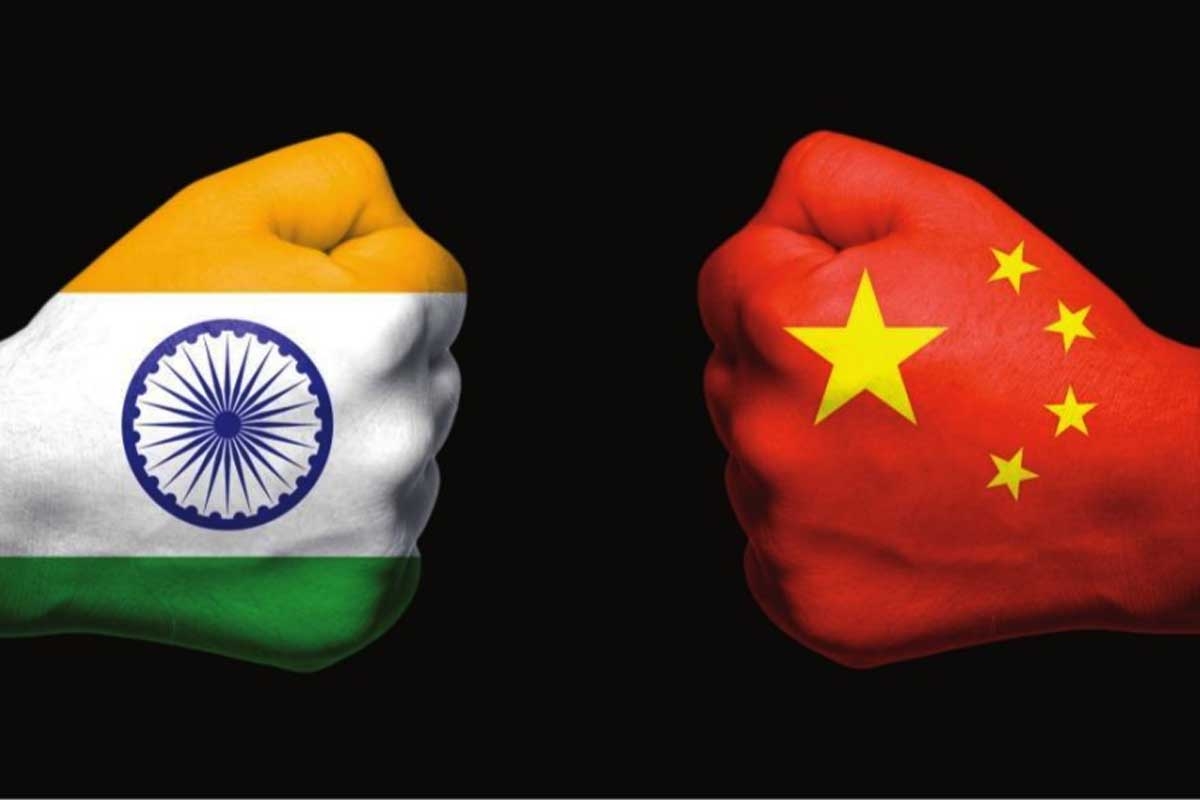One of the fields that will be a serious concern for India is hypersonic technology. In a military context this is one of the keys to naval supremacy this century. China is involved in a new arms race in hypersonics, seeking ‘massively destabilising’ weaponry.
London: Chinese military conglomerates and military-linked elite universities are sponsoring research centres in UK universities and their outputs are increasingly a concern for UK national security. This was the subject of our recent report for British think tank Civitas.
While we do not allege that any UK university or researcher is knowingly contributing to China’s military development,the centres’ sponsors include China’s main ICBM manufacturer and even nuclear warhead developer. Many of the centres’ outputs explicitly state potential defence use.
None of this represents an intentional UK strategy, butactually the lack of one. Universities have been encouraged to see themselves as international businesses and have apparently become indiscriminate in their choice of research sponsors. The British media and public have been just as shocked by our revelations as many in Indiawill be. The House of Commons Foreign Affairs Committee is investigating.
One of the fields that will be a serious concern for India is hypersonic technology. In a military context this is one of the keys to naval supremacy this century. China is involved in a new arms race in hypersonics, seeking“massively destabilising” weaponry.
Hypersonic missiles mean those which travel and manoeuvre over five times the speed of sound. They have been called a “revolutionary” weapon which could “strike almost any target in the world within a matter of minutes”. Theywould give China an inordinatestrategic capability, ensuring effective anti-area and access-denial across much of the South China Sea and, increasingly, further west into the Indian Ocean.
Yet while the UK government recently announced its intention to invest billions inhypersonics and other advanced military technologies, the UK’s universities may have already spent years inadvertently helping China develop the technology.
Manchester University provided the China Aerospace Science and Technology Corporation (CASC), a conglomerate that develops China’s ICBMs, with a research centre subsidised by the UK taxpayer(Manchester says thishas closed, but staff are still at the university).One of the centre’s recent papers illustrated missiles moving towards the same target. As Juliet Samuel, reporting on our paper for The Telegraphdescribed, the paper “offers one way to solve the ‘cooperative simultaneous arrival problem’. In plain English, that’s when you want to point lots of missiles or rockets at a target and have them go boom at the same time”.
The British taxpayer also funded Chinese research into air-breathing hypersonic vehicles, which the US is hurrying to develop, withthe Defense Research Advanced Projects Agency (DARPA) conductingtests this year. After a researcher from the PRCat Manchester joined a counterpart at a Chinese military-linked university to create a new ceramic coating, Manchester itself described the “new kind of ceramic coating that could revolutionise hypersonic travel for air, space and defence purposes” and how “ultra-high temperature ceramics… are needed in aero-engines and hypersonic vehicles such as rockets, re-entry spacecraft and defence projectiles.” At the Chinese university, the material was partly made at what Manchester calledthe “Powder Metallurgy Institute”: the similarly named “State Key Laboratory for Powder Metallurgy” is a designated major military laboratory.
In November 2020, images appeared in the press showing a Chinese H-6N aircraft carrying a missile whose features may “be air-breathing and nuclear-capable”. The H6-N is manufactured by a subsidiary of the Aviation Industry Corporation of China (AVIC), China’s leading military aircraft supplier, which is supplying the PLA Air Force with its next-generation stealth fighter and strategic bomber. AVIC is also a major shareholder in the Aero Engine Corporation of China (AECC), whose subsidiary BIAM has sponsored some of Manchester’s hypersonics research. The missile itself was of a similar shape to the DF-17 experimental hypersonic missile, which coincidentally is manufactured by a subsidiary of the other sponsor of hypersonic research at Manchester, CASC.
The government recently promised that it would “stop states using… UK academia to develop chemical, biological, radiological and nuclear weapons and advanced military technology”. But unlike the US, the UK is yet to sanction a single Chinese military conglomerate or university. Without these reforms, this dangerous strategic incoherence will continue.
An Indian audience will find many more areas of concern in our research, like collaborations in very large floating structures (VLFS), anothertechnology that would allow maritime power-projection, and drone technologies known to be of interest to the Chinese military conglomerates which sell to countries on India’s periphery.
The partnership between the UK and India is growing, and solving these challenges will be a natural area for cooperation. The collaborations we describe developed under the so-called “Golden Age” of UK-China relations to around 2016, and the UK governmenttoday is increasingly aware of these problems. We hope that in some cases UK universities will find Indian organisations more salubrious partners. As our research shows, the success of the British government’s welcome Indo-Pacific pivot will depend on deeper strategic reform, and relationships with regional allies like India will be central to this approach.
Dr Radomir Tylecote is Director of Defence and Security for Democracy (DSD), Civitas.
Robert Clark is Defence Fellow, Henry Jackson Society.

